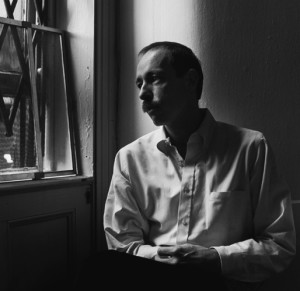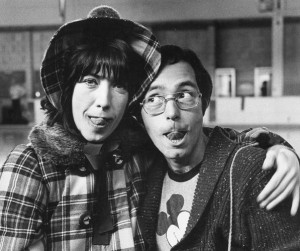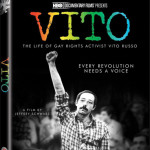
‘Vito’

Honoring a gay hero
by David-Elijah Nahmod
Vito Russo (1946–1990) had a short life, but one filled with great accomplishments. Today Russo is primarily remembered as the author of The Celluloid Closet, the seminal history of LGBT representation in the cinema. Many don’t remember him at all, and those who do are unaware of his vast achievements.
Jeffrey Schwarz’s documentary Vito, produced last year for HBO, pays tribute to Russo and puts him back in the public eye.
Long before it was safe to do so, Russo lived an openly gay life in New York City. “I never believed it for a second,” he says in an old interview clip included in the film. He was referring to the Catholic Church’s stands on homosexuality. In newly shot interviews, his cousin and brother recall Russo bringing boyfriends home to meet the family—fifty years ago.
Involved with the long-defunct Gay Activist Alliance, he advocated for gay men and lesbians to work together at a time when men and women existed as two separate communities. In a powerful video clip from the 1973 Gay Freedom Day Rally in New York City, Russo steps onto the stage when gay men began taunting lesbian activist Jean O’Leary. “Listen to her,” he urged the crowd. “That’s the least we can do for each other.”
A decade later, Russo hosted Our Time, a gay public affairs show produced by PBS affiliate WNYC-TV.

Entire Our Time segments are included in the Vito DVD extras menu. Gay men and lesbians had yet to forge an alliance. Undaunted, Russo interviewed gay rights pioneer Harry Hay, together with lesbian trailblazer Barbara Gittings. Both were treated with respect and given equal time
to speak.
Years later, as he was dying of AIDS, an emaciated Russo participated in many ACT UP demonstrations. His strength was fading, yet he took part in acts of civil disobedience.
He also toured the country, appearing in college lecture halls and theaters. His Celluloid Closet tours were conducted with an almost childlike enthusiasm. He spoke to packed houses, educating the LGBT masses on how we’d been represented, and often misrepresented, by the film industry.
Russo’s death, on November 7, 1990, was a tremendous loss to the community. Indeed, he kicked  open doors of all kinds wherever he went.
open doors of all kinds wherever he went.
Available from First Run Features (firstrunfeatures.com).
David-Elijah Nahmod lives in San Francisco. His eclectic writing career includes LGBT publications, monster magazines, and the Times of Israel.










